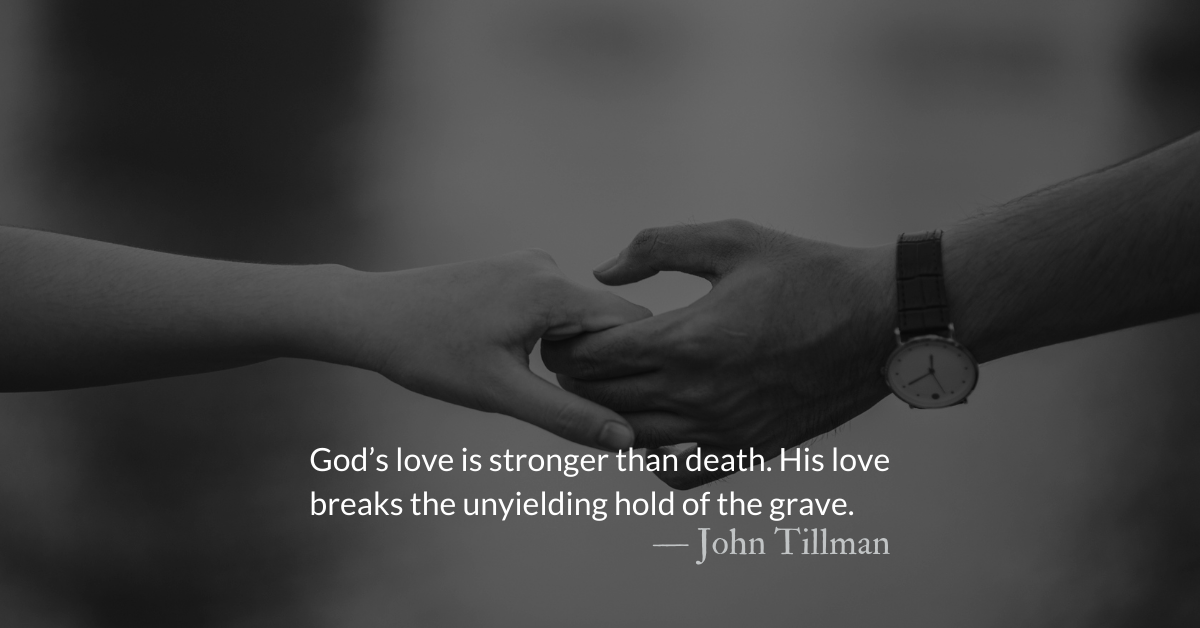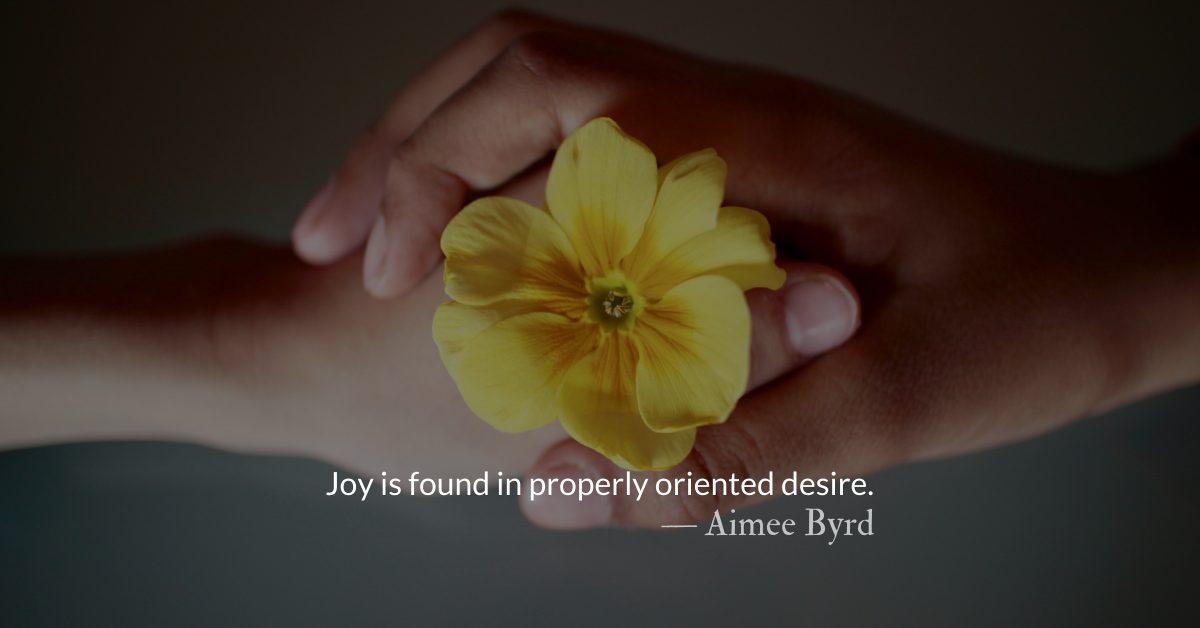Scripture Focus: Hosea 6.1-3
1 “Come, let us return to the Lord.
He has torn us to pieces
but he will heal us;
he has injured us
but he will bind up our wounds.
2 After two days he will revive us;
on the third day he will restore us,
that we may live in his presence.
3 Let us acknowledge the Lord;
let us press on to acknowledge him.
As surely as the sun rises,
he will appear;
he will come to us like the winter rains,
like the spring rains that water the earth.”
Reflection: Pain and Healing
By John Tillman
Hosea is famous (infamous?) because of the titillating detail that he married Gomer, a promiscuous woman. There are other sexual details in the text as well.
God is angered by idol worship that involves shrine prostitutes and sexual acts. He expresses concern for the illegitimate children born due to this activity. Hosea gives his own children names that highlight that they are adulterously conceived.
Hosea’s reconciliation forbids Gomer from prostitution, implying that she was a prostitute at one time. Hosea’s poetic analogies, comparing Gomer to Israel, reinforce this. At least one of Gomer’s sexual partners “loved” her. Was she a prostitute or just an adulteress? When did these things occur? Was she always unfaithful or did it develop? Was she sleeping with many men or just “loved by another man”? (Hosea 3.1)
Reading the Bible well includes becoming comfortable with some ambiguity. Obsessing over missing details isn’t the main point of studying the Bible. We can trust that the truths God has for us in his Word won’t be omitted details.
Salacious depictions of Gomer aren’t the point of Hosea. Gomer’s sexual sins only take center stage as a parable comparing idolatry to adultery. It isn’t that God isn’t concerned about sexual infidelity and sin, it is that those actions are symptoms of a deeper disease. Idolatry is the disease. Sexual infidelity was only one manifestation.
Today, rumors of drug-fueled sex parties might catch headlines and distract us, but God sees little distinction between these alleged events and other expressions of idolatry. Israel worshiped idols promising financial wealth. Alliances formed through idol worship brought political power. When financial benefits, power, or political victories are on the line, do we kneel and kiss whatever ring we must kiss? How then are we different from Gomer?
God describes through Hosea the pain of cutting out the cancer of idolatry from the people he loved. Hosea shows how far God is willing to go to heal and restore. C.S. Lewis describes God’s love as “quite relentless in its determination that we shall be cured of those sins, at whatever cost to us, at whatever cost to Him.” God is committed to our healing and restoration. Call on him.
Lord, we have been unfaithful.
In pursuit of liberation, we are imprisoned.
In pursuit of power, we are oppressed.
In pursuit of thrills, we endure tedium.
May your Son set us free, indeed.
Divine Hours Prayer: The Call to Prayer
Come, let us bow down, and bend the knee, and kneel before the Lord our Maker.
For he is our God, and we are the people of his pasture and the sheep of his hand. Oh, that today you would harken to his voice! — Psalm 95.6-7
Today’s Readings
Hosea 5-6Listen – 3:44)
Psalm 135-136(Listen -4:23)
Read more about Love Stronger Than Death
The holy jealousy of God leads not to destruction but to redemption and salvation.
Read more about The Undeserved Banquet of the Gospel
Christ invites all to the banquet. We will surprise someone by being there, and be surprised in return.











